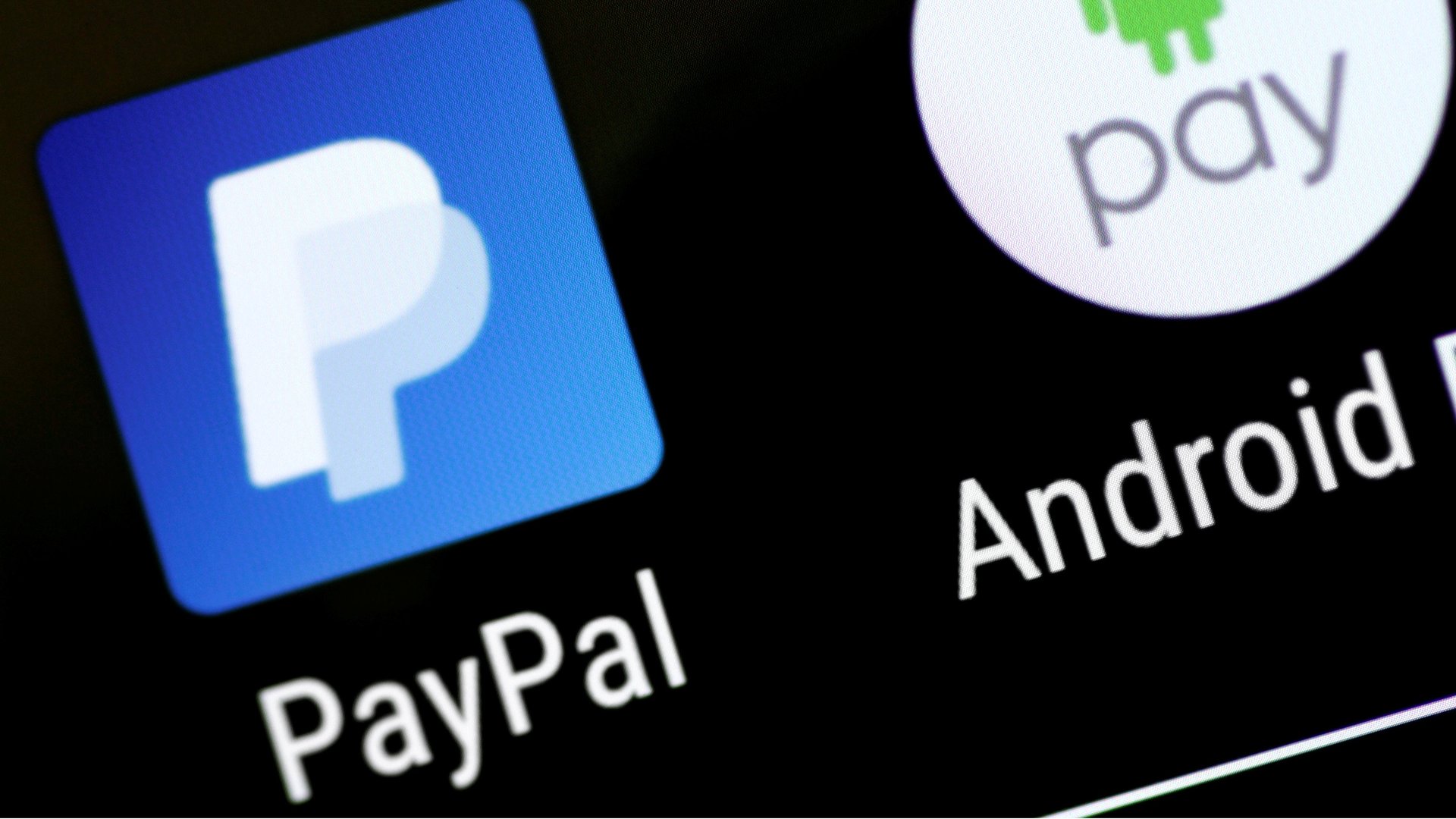PayPal is now worth more than American Express
PayPal was created during the last internet boom and is in the midst of a renewed surge in interest, with its shares rising by nearly 80% so far this year. The online payment company’s stock market value surpassed credit-card stalwart American Express this month, and is approaching venerable Wall Street banks like Goldman Sachs and Morgan Stanley. The company’s mobile payment growth is accelerating after a series of deals and industry partnerships, representing a growing challenge for financial firms with much longer histories.


PayPal was created during the last internet boom and is in the midst of a renewed surge in interest, with its shares rising by nearly 80% so far this year. The online payment company’s stock market value surpassed credit-card stalwart American Express this month, and is approaching venerable Wall Street banks like Goldman Sachs and Morgan Stanley. The company’s mobile payment growth is accelerating after a series of deals and industry partnerships, representing a growing challenge for financial firms with much longer histories.
PayPal, now valued at around $84 billion, recently reported a better-than-expected profit in its latest quarter. Mobile payments on PayPal increased 54% in the third quarter, to about $40 billion. Volumes at Venmo, the peer-to-peer digital wallet aimed at millennials, rose by 93% to $9.4 billion.
The San Jose, California-based company separated from eBay in 2015 and now processes money transfers between other companies and their customers, in addition to friends and small firms. Its market capitalization is roughly double eBay’s.
Barclays CEO Jes Staley said this month that every bank is focused on the payments business, which is a busy battleground for financial companies, according to Bloomberg. One fear for traditional banks is that a company like Apple or PayPal could become the go-to app for handling money, the first step in becoming a gateway for other financial services. In that case, banks could become like low-margin utilities, operating in the background and competing mostly on price.
After signing a slew of partnerships with companies like Wells Fargo and Mastercard, PayPal is still on the prowl, expanding its reach with a deal to integrate into Facebook’s messenger app. That’s similar to a service from Apple that will allow iMessage users to send cash to each other.
As money increasingly flows electronically through mobile devices, the financial industry has to adjust to the new architecture. JPMorgan has been aggressively expanding its payment operations in this new world: It recently snapped up WePay (paywall), which provides processing for online marketplaces and crowdfunding websites. That was after the Wall Street behemoth missed out on a deal for Worldpay, Britain’s largest payment processor, which was bought by credit card technology firm Vantiv. JPMorgan is also involved in Zelle, the banking industry’s answer to Venmo, which says it’s adding some 65,000 new consumers each day.
If PayPal’s success continues, it could join a handful of companies from the dot-com era that have emerged years later to tower over industries. Or, at least, that might be what PayPal’s shareholders are thinking—the company’s price-to-earning ratio, a measure of how much future growth is implied in a company’s stock price, is far higher than most of its immediate rivals. The boom times are back again.